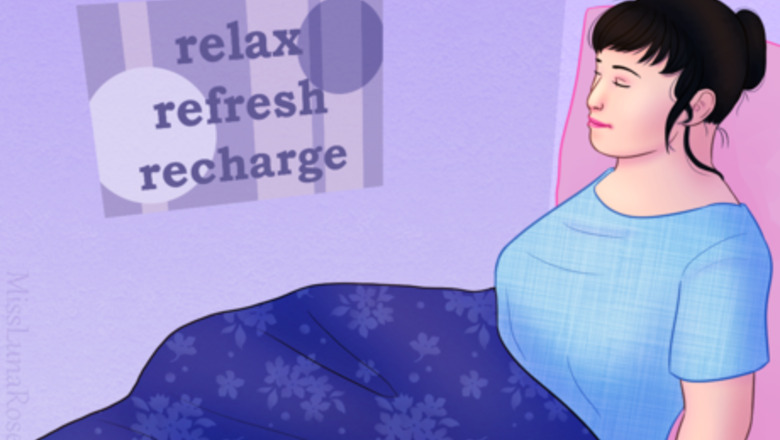
views
Coping Now

Remember that hallucinations can never hurt you. Your brain is playing tricks on you, but you are safe. No matter how disturbing the hallucination might be, it isn't going to harm you. Hearing voices can be a sign of stress, so do activities that relax you. Sleep deprivation, isolation, dehydration or starvation, strong emotions, fever/illness, and drug use can also cause hallucinations. Tell yourself "it's just a symptom" or "just because it sounds/looks/feels real doesn't mean it is."
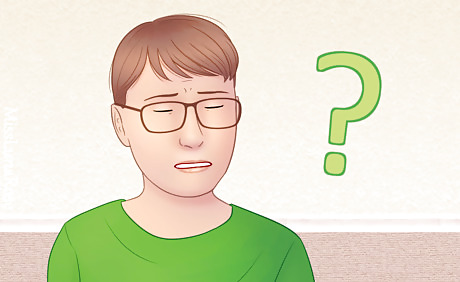
Check if the thing is real. Sometimes, the hallucinations might obviously be fake (like a cat with glowing eyes and wings), but other times, they may be more subtle. Here are some ways to test whether something is a hallucination: Sight: Try taking a photo of what you see. If it doesn't show up in the photo, it's not real. If you wear glasses, try taking them off and see if the hallucination looks "clear," like when you're wearing your glasses. Hearing: Try taking a recording of what you hear on your phone. If the voices are too loud, ask someone else to listen to the recording. Or play music: if the voices are still clear despite there being loud music, they're a hallucination. Smell: Ask another person, "Do you smell that?" If they don't, it's probably a hallucination. Taste: Ask someone to try a bit of what you're eating. If they don't taste what you're tasting, it's likely a hallucination, and your food is fine. You can also notice if other people and animals are reacting to whatever you're noticing. If nobody seems to notice it, it may not be real.

Engage with something that you know is real. This can help you focus on something better, and distract you from the hallucination. Try doing something that you enjoy, like working on a hobby, playing with a pet, watching a show, or playing a favorite game. Try using a different sense than the one the hallucination is engaging. For example, if you're having visual hallucinations, then you could sing along to music. Sometimes, blocking out the hallucination using the same sense might work. For example, if you're having tactile hallucinations, a warm shower or cold compress might drown out those feelings.
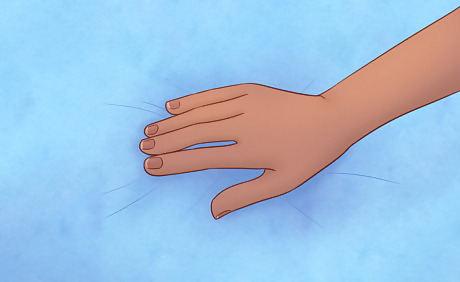
Try a grounding exercise. Grounding exercises can help you stay connected to reality. Focus on the senses that are best connected to reality right now.
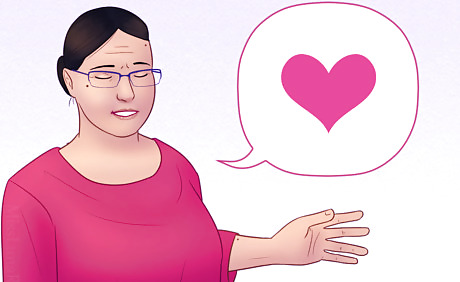
Try treating visual hallucinations as friends or companions. Give them a name. Tell them about your day, if you're alone. This can make them seem less scary. Which is more scary: an eldritch four-tailed abomination in your corner, or the four-tailed creature named Fluffy who listens to you talk about your troubles at work?

Dismiss any mean voices inside your head. Sometimes, you may hear voices saying awful things to you, or telling you to do bad things. Pretend they're coming from edgy, pathetic teens who are trying to upset you by being as rude as possible. If you're in private, you might want to talk back to them. Insult the voices right back, be sarcastic, and mock them. It won't make them stop, but it may help you cope. If you're in public, you can talk into a phone while talking to the mean voices, so that people don't get confused.
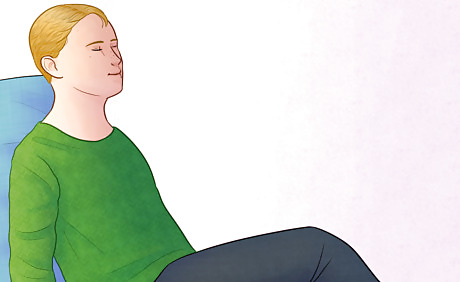
Do what helps you feel safe. It's okay to be upset by hallucinations, even if you know they aren't real. They can be scary or disturbing sometimes. Any calming rituals, even if they might seem "silly" to other people, are worth doing if they help you. Go to a place that makes you feel safe. Use any comfort objects, like a favorite blanket or a book that you like to re-read. Turn on the lights. Play your favorite, most relaxing music. Spend time with people who help you feel safe.
Using Long-Term Strategies
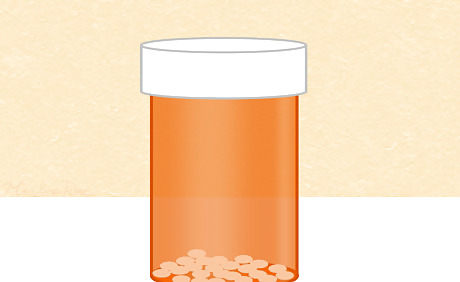
Take your medication, as directed, every day. Set an alarm on your phone, or write a reminder. Talk to your doctor about what to do if you realize that you missed a dose. If you have a pet, give your pet a treat every time you take your meds. You may forget when it's time to take your meds, but your pet won't.
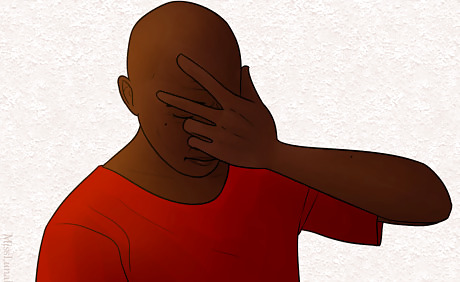
Know your early signs. This will help you recognize an oncoming episode, so you can prepare and perhaps adjust your medication or talk to a doctor. Potential early signs include: Sleep changes Isolation Feeling annoyed more easily Wondering if it's time to stop taking your meds
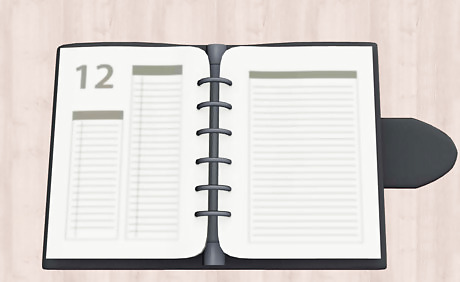
Keep a diary of your hallucinations. This can help you notice patterns, such as situations when they're more likely to show up. If you want, the diary could also be helpful to show to anyone who you want to explain your situation to, like a doctor.

Find ways to reduce stress in your daily life. A lower-stress lifestyle can help reduce hallucinations. Try to do something relaxing or enjoyable each day, and limit your exposure to things that cause you stress. Spend time with loved ones. Try to exercise, even in small ways. Enjoy your hobbies. Try spending time with animals. Get advice on how to tackle the most stressful areas of your life. Spend less time on stressful news or social media sites. Cut out (or at least reduce exposure to) toxic people, places and habits.
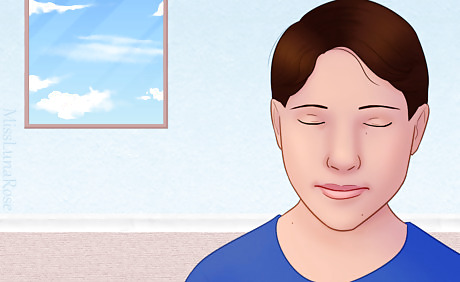
Try mindfulness and meditation. Some people find these helpful for managing hallucinations. Try focusing on your breathing, or being aware of what you're going through.
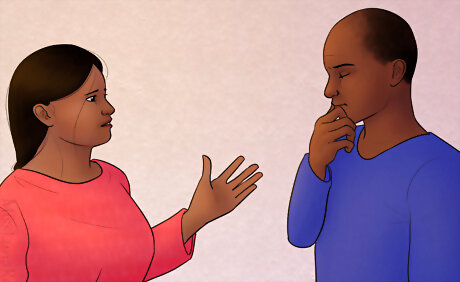
Talk to your loved ones about how they can help you when you're hallucinating. People without hallucinations may feel worried, confused, or powerless to help. You can tell them what would help you most, so they know what to do when you're hallucinating. Here are some examples of things you can say: "Sometimes I forget what to do when I hallucinate, because I'm so scared that I forget how to help myself. It would be helpful for you to gently remind me of the strategies I can use." "There's not much you can do when I hallucinate. But if you stay with me, and listen and validate my feelings, it really helps me feel better." "Please don't argue with my hallucinations. It doesn't help me. What I really need is someone to listen to me and acknowledge my feelings, even if the hallucinations aren't real."
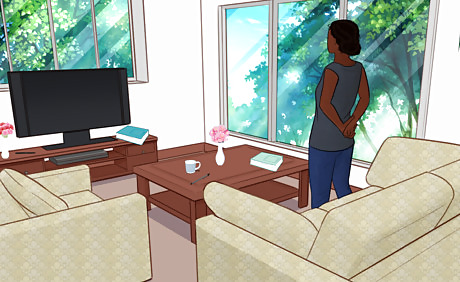
Avoid self isolation. Being alone with your delusions or hallucinations can make them worse. Try to spend time seeing friends or family.

Stick with your self-care habits as much as you can. Sleep well, get outdoors to exercise, and eat healthy food. This can help you feel healthier and stronger, so you're better able to cope with difficult situations. Don't punish yourself if you have a bad day and aren't able to take good care of yourself. Tomorrow is a new day. Just keep doing your best.
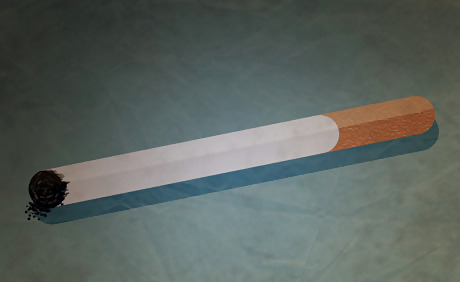
Avoid drugs and alcohol. These may worsen your hallucinations, or impair your ability to deal with them. Marijuana might calm you down in the moment, but it makes symptoms worse and increases the risk of a relapse.
Getting Help

See a doctor if you don't know why you're hallucinating. It's important to know what's going on with you, and to get an accurate diagnosis. Make a doctor appointment to talk about what's going on with you. Sometimes hallucinations are brought on by severe stress or lack of sleep, while other times they are a sign of a mental or physical illness. If you've been keeping a journal of symptoms, bring it along. If talking about your symptoms is hard, try writing down a list. If you're nervous, try bringing along a support person to help you through it.

Try anti psychotic medication. Anti psychotic meds may reduce your hallucinations, or even stop them. Try talking to a doctor about whether they're right for you. Take your meds according to the directions. Don't take more than the prescribed dosage. Some medications have side effects. Talk to a doctor about any side effects you're experiencing, and whether a different medication might be better. If you feel like you're "cured," it means the pills are doing their job. Don't stop taking them without talking to a doctor.
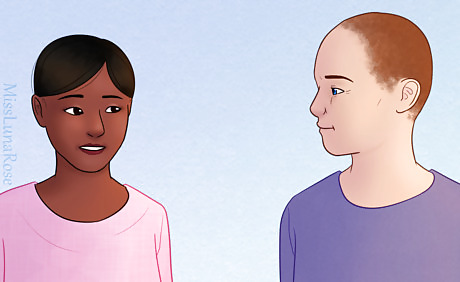
Look into therapy. Therapy may help you deal with stress and handle your hallucinations. Ask about what type of therapy might be right for you.
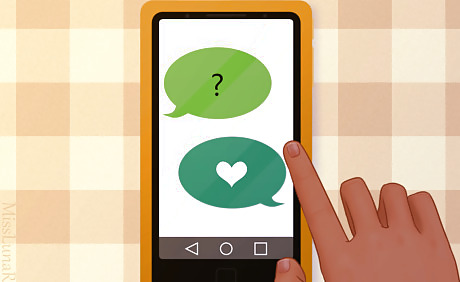
Try talking to other people with psychotic disorders online. There are online communities, like forums and hashtags such as #PseriouslyPsychotic, where people with psychotic disorders can talk and connect. People there may be able to give you advice and support.
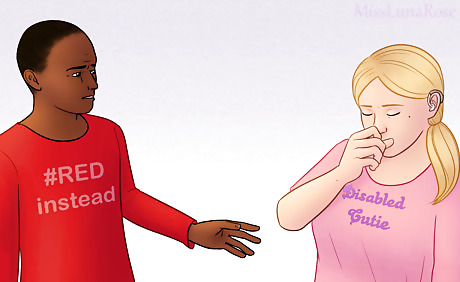
Consider joining a support group. There may be support groups in your area for people with psychotic disorders, or mental illnesses in general.

Do your best to be patient with your recovery. Effects may not be instantaneous, and it's possible to have relapses and bad days. That doesn't mean that you're "broken" or that you'll never get better. Keep doing the best you can with the resources you have.




















Comments
0 comment